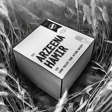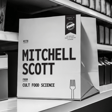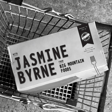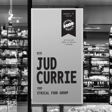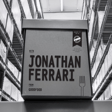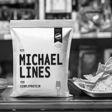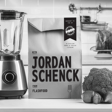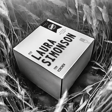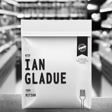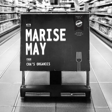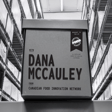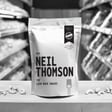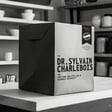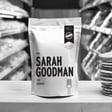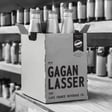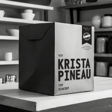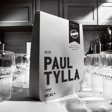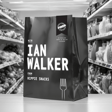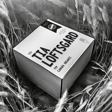
Dominic Dubé | Evive Nutrition
In this episode I chat with Dominic (Doobey) co-founder of Evive (eh-VIEV) Nutrition, a brand that’s redefining convenience with nutrient-dense, whole-food-based frozen smoothie cubes and innovative plant-based products.
Dominic is tackling one of the biggest issues in the grocery industry—ultra-processed foods—by making it easier than ever to enjoy real, whole ingredients without sacrificing convenience.
From expanding into new product categories like frozen smoothie bites and pops to rethinking sustainable packaging and direct-to-consumer strategies, Dominic shares how their brand is growing while staying true to its mission.
To learn more go to https://evivenutrition.com
To learn more about who’s behind this podcast and how we help food and beverage brands grow faster, visit https://www.ethicalfoodgroup.com
Here’s a summary of this interview:
Ultra-Processed Food Awareness is Growing – Dominic sees a major shift away from ultra-processed foods as consumers demand healthier, more natural options.
Evive Nutrition’s Mission – Founded in 2015, the brand creates nutrient-dense, frozen smoothie cubes that require no blender, making healthy eating convenient.
Expansion into New Products – Beyond smoothies, Evive Nutrition has introduced smoothie pops for kids and is launching smoothie bites dipped in dark chocolate.
Superfoods for Maximum Nutrition – Ingredients like spirulina, baobab, moringa, and camu-camu are used instead of synthetic vitamins to boost nutrition.
Sustainability Challenges & Solutions – Originally using compostable packaging, Evive Nutrition shifted to plastic for product quality but is now pursuing plastic-neutral certifications.
Retail Growth & Private Label – the brand is expanding through innovative products, private label deals with retailers, and strategic partnerships.
Direct-to-Consumer (DTC) is Making a Comeback – After a dip in 2022-23, DTC sales are rising, enabling faster innovation and direct customer relationships.
Shipping Frozen Products Efficiently – Logistics advancements allow Evive Nutrition to leverage existing delivery networks, making frozen DTC sales feasible.
Dominic’s New Role in Marketing – Taking a hands-on approach, Dominic is building the brand with personal storytelling and social media engagement.
U.S. & Western Canada Expansion – Evive Nutrition is focused on scaling its presence in the U.S. and Western Canada, ensuring more consumers have access to their products.
